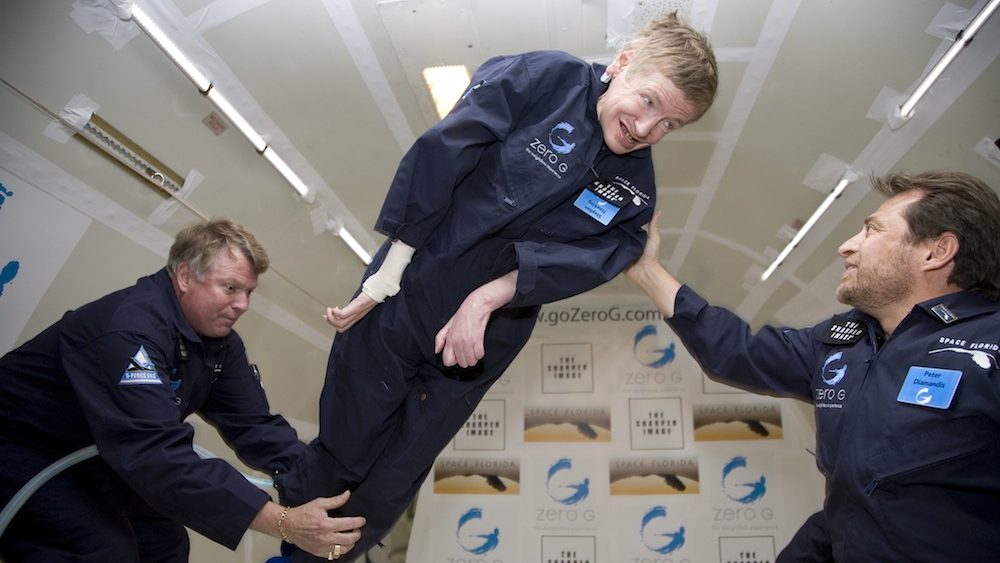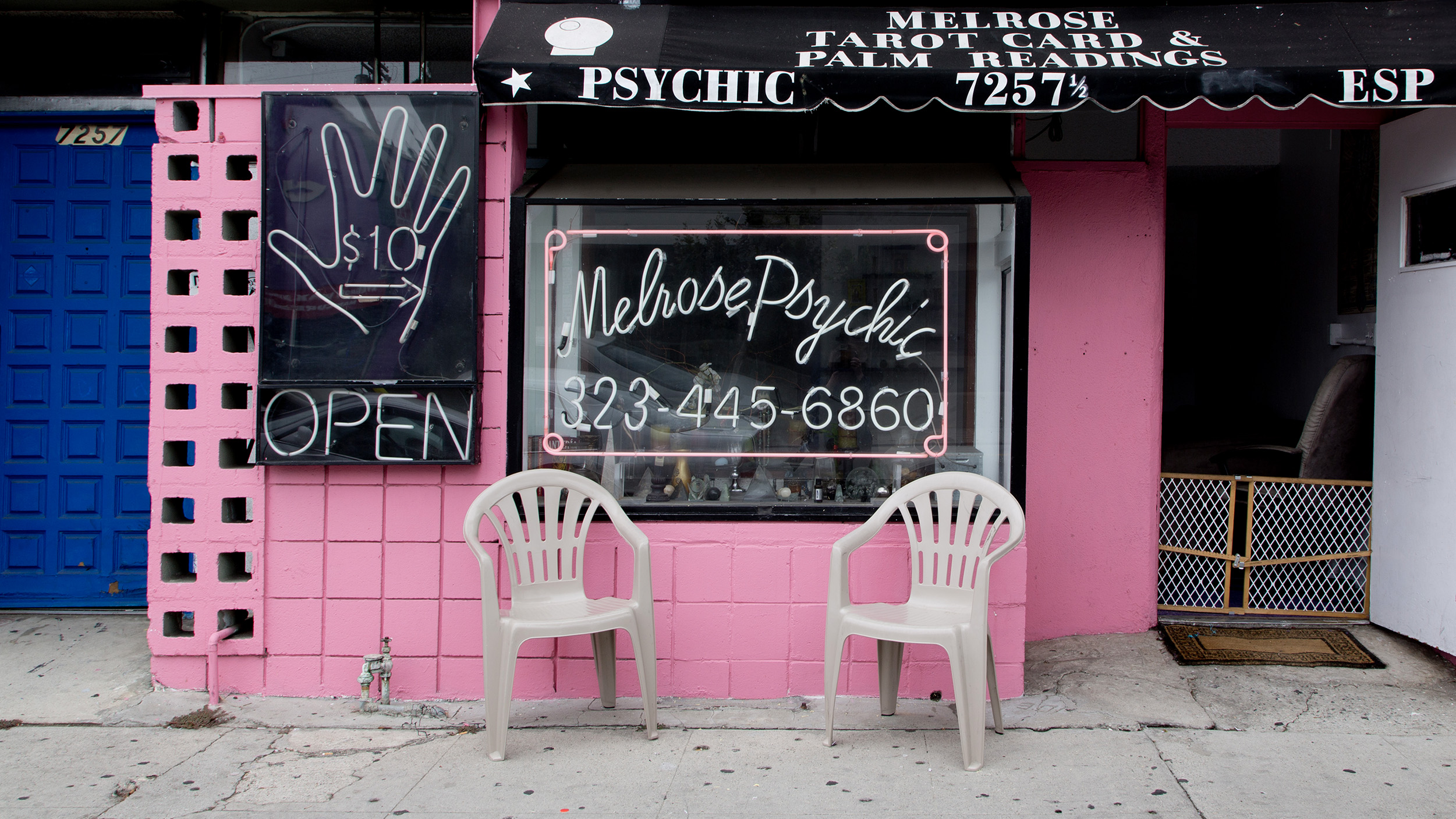Writing courses and MFA programs make it easy to talk about a story if it proceeds in a way that is demonstrably similar to stories past. This means the really great fiction often gets pushed to the margins.
Question: What do you think about MFA programs and the way that creative writing is taught today?
Rick Moody: The writing workshops that have proliferated in the last 20 or 30 years—and there have been so many of them in universities in America now—that this workshop culture makes it easy to talk about a story if it precedes in a way that demonstrably similar to stories past. If it actually has sort of rising action, climax, emotional epiphany, satisfying humanist conclusion, then it’s really easy to talk about in a workshop and it’s easy to organize the workshop to talk about it. That just means that the story sits right smack in a kind of demographic or intellectual mean. It’s not challenging us in any way. So the really great fiction and the really horrible fiction gets sort of pushed out to the margins in a workshop setting and it’s not easy for us to come up with a vocabulary to talk about them, nor to figure out how to fix them if they need fixing.
So it seems to me, in that circumstance we’re doing a real disservice to our national literature with the workshop and it really is exactly like a test screening for a motion picture or a focus group to talk about a new car design or a new detergent or something. And I don’t think that’s what we want to be doing with our art, you know?
The older model for writing was: read a lot, try to make the acquaintance of some great writer and ask him or her to read what you’re doing and respond to it. And I think what we mean by that kind of model is a mentorship kind of model. That mentorship model adheres much more to undergraduate education then it does to graduate schools. Like the workshop is primarily a workshop is primarily a graduate school kind of model, whereas undergraduate school usually tends more towards a kind of mentorship approach. At least for me, mentorship was much more effective. It was more important for me to want to impress Angela Carter, who was one of my teachers at Brown when I was there, then it was to try to impress my classmates at Columbia, you know, who are all fighting with one another about trying to get agents and all that kind of stuff. I think mentorship has an emotional component and artists and writers thrive where there are emotions at stake more readily, you know?
Now there are models springing up now that avoid some of the problems of the workshop. One of these is the low-residency model in which most of what you are taught in writing workshop is done by correspondence. Bennington has one, Warren Wilson College, Goddard College; these are springing up all over the place too. If you get a great teacher in that low-residency setting, you’re in kind of good shape.
Still, in all, there are writers in contemporary American fiction who never went to graduate school and to me they’re some of the most interesting writers. They feel free to follow idiosyncrasy and they’re not worried, or they haven’t been worried about what those other 13 people around the table are going to say. And their singularity is not a bother to them. So there is also a lot to be said for just doing it how they do it in Europe now, which is just read, read, read and go in that direction.
Recorded July 28, 2010
Interviewed by David Hirschman





